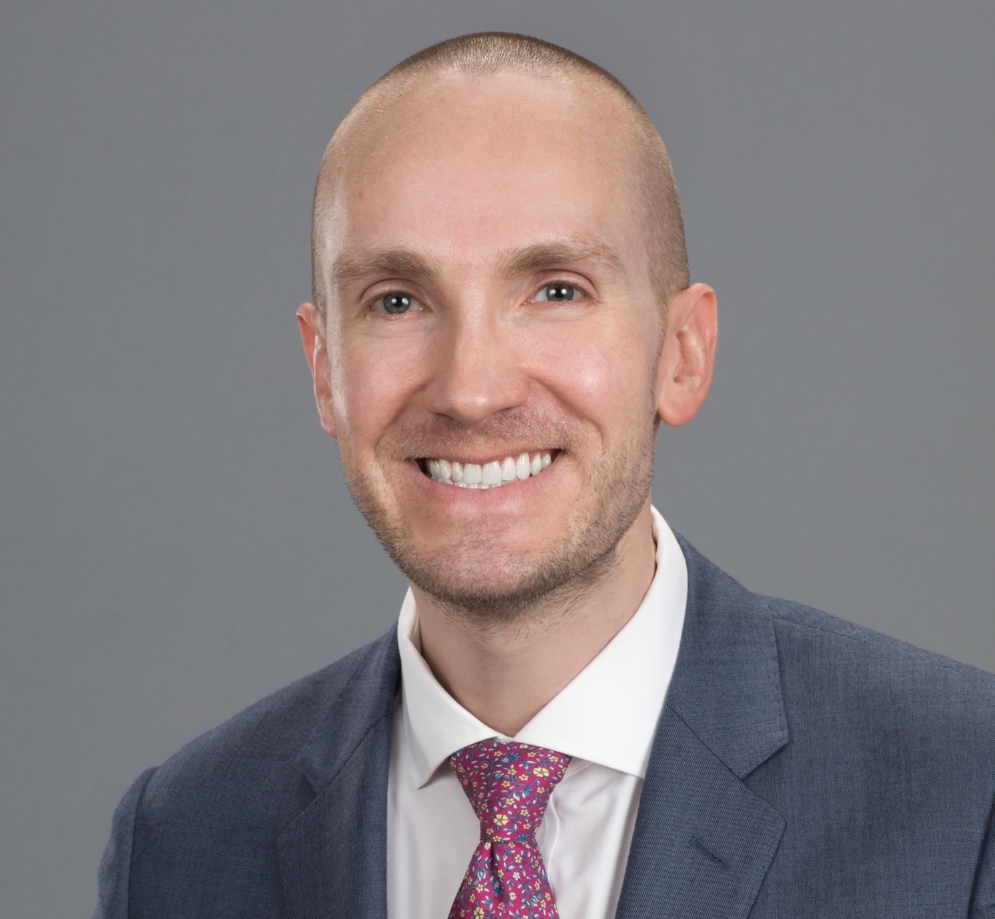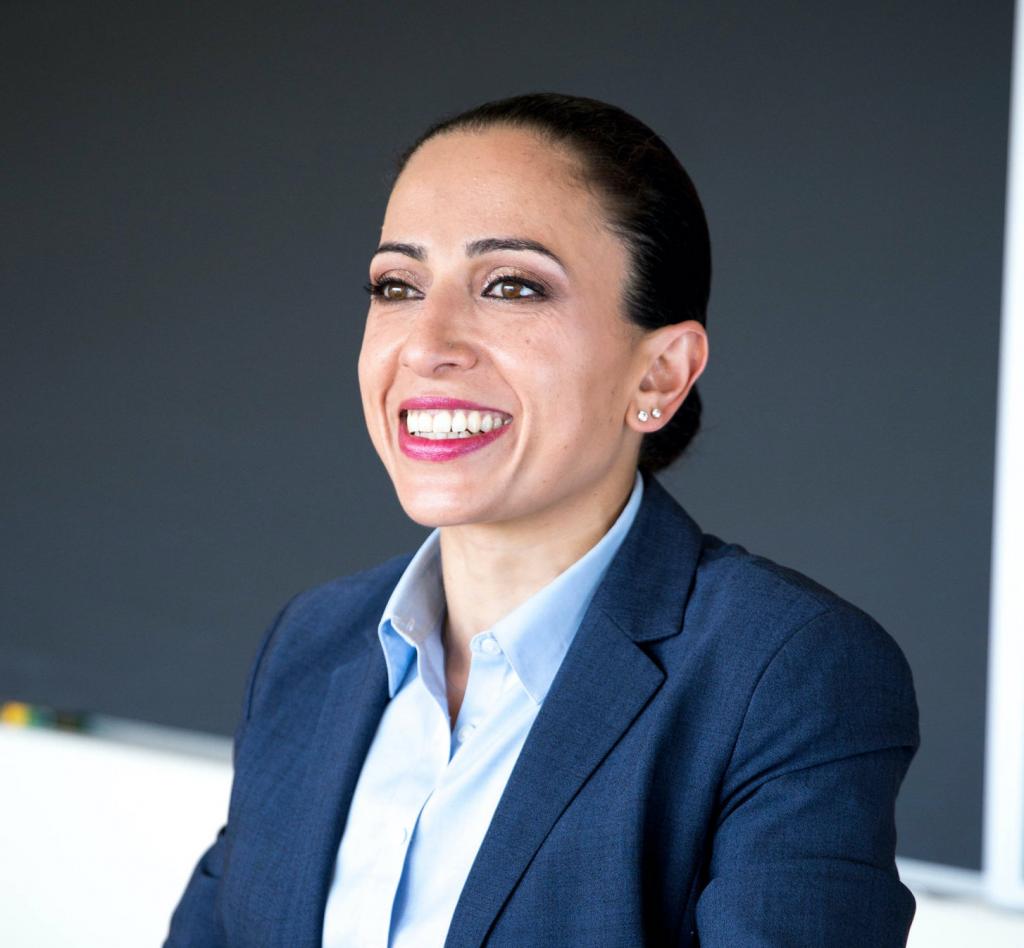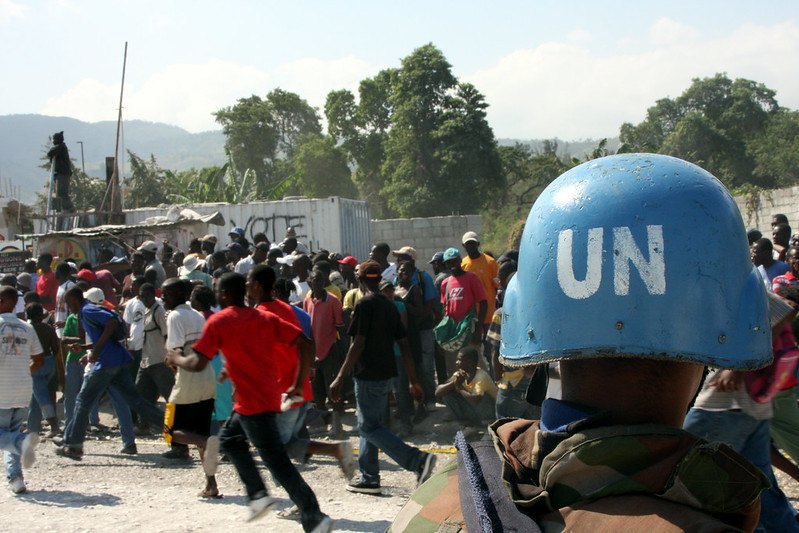Medical Care in Armed Conflict: IHL and State Responses to Terrorism
In armed conflicts involving terrorists, should we consider medical care a form of illegitimate support to the terrorists? Should a state be allowed to punish those who provide impartial care to wounded and sick fighters—including terrorists—who are hors de combat (out of the battle) and to wounded and sick civilians in terrorist-controlled territories? Should a state be allowed to prevent such providers from traveling to conflict zones in the first place? Should organized armed groups defined as terrorists—under U.N.
In armed conflicts involving terrorists, should we consider medical care a form of illegitimate support to the terrorists? Should a state be allowed to punish those who provide impartial care to wounded and sick fighters—including terrorists—who are hors de combat (out of the battle) and to wounded and sick civilians in terrorist-controlled territories? Should a state be allowed to prevent such providers from traveling to conflict zones in the first place? Should organized armed groups defined as terrorists—under U.N. Security Council resolutions or domestic legislation—be allowed during conflicts to authorize and control their own medical personnel, who must then be recognized and protected by the other parties to the conflict?
In a new legal research briefing for the Harvard Law School Program on International Law and Armed Conflict, we evaluate international humanitarian law (IHL) protections for wartime medical assistance concerning terrorists. We also look at the practice of several countries (Colombia, Peru, and the United States) regarding domestic prosecutions of medical treatment for terrorists. We show how IHL lays down extensive protections for medical care, which should constrain some domestic criminal proceedings, but we also expose gaps and weaknesses in the protections afforded by IHL itself.
Since 1864, states have put medical care above the conflict in key respects. The first step was establishing that the wounded and sick hors de combat of all parties to the conflict must be cared for. Over time, states further stipulated that wounded and sick prisoners of war—and, later, wounded and sick civilians—must be protected and cared for, too. Since protections for the wounded would be largely meaningless without access to medical personnel and supplies, IHL also shields those engaged in medical care and the means they employ to do so.
Yet our research reveals how IHL’s own commitment to these premises remains incomplete and creates fault lines in the protective landscape. Traditionally, IHL imposed many more medical-care obligations in international armed conflicts (IACs) than in non-international armed conflicts (NIACs). In the 1970s, states attempted to create a more uniform and comprehensive regime, but only for some types of NIACs. These efforts met success insofar as states opted into the resulting treaties flattening many of those distinctions. But because numerous states did not contract into the new treaties, those efforts simultaneously exacerbated the fragmentation between states (between parties to those treaties and non-parties to them) and across conflicts (both between IACs and NIACs, and between different types of NIACs). Meanwhile, an array of medical-care rules has crystallized into customary IHL (which binds all states, regardless of whether the state is party to a relevant treaty). Yet many rules have eluded sufficient states’ buy-in, and can therefore not be considered customary. Finally, even the most extensive IHL treaties do not exhaustively protect all facets of medical care. To date, for instance, IHL does not regulate the capture and retention of medical personnel in NIACs.
The significant variance in states’ IHL obligations concerning non-punishment of medical caregivers is a prominent example of this fragmentation. Under the First Geneva Convention of 1949, in an IAC no person may be convicted or ill-treated for having nursed a wounded combatant—irrespective of that combatant’s nationality and conduct. In 1977, states expanded that norm to prohibit all forms of punishment against any person who carries out medical activities compatible with medical ethics, regardless of who benefits therefrom (including, for instance, civilians in the conflict zone). The expanded norm is found, for contracting states, in Additional Protocol I (AP I), which governs IACs, and in Additional Protocol II (AP II), which governs NIACs meeting a certain threshold. But states that did not become party to AP I are not obliged under IHL to expand the protections to encompass a prohibition on all forms of punishment for ethically sound medical care in IACs. Nor are states that did not become party to AP II obliged under IHL to refrain from punishing ethically sound medical care in NIACs. Complicating the matter further is that even parties to AP II are not obliged to uphold the prohibition on punishment in NIACs not meeting AP II’s threshold of application.
The U.S., for example, is not a party to either of the Additional Protocols. In its June 2015 Law of War Manual, the U.S. Department of Defense did not include the expanded norm in AP I prohibiting all forms of punishment for providing ethically sound medical care in IACs. (The Manual did retain, in section 7.4.5.3, the narrower obligation prohibiting conviction or molestation for treating enemy wounded in IACs.) Nor—despite incorporating the bulk of AP II medical-care protections in sections 17.14–17.15—did the Manual include any protections against punishing a person who carries out ethically sound medical activities in NIACs. Rather, section 17.4.1.2 of the Manual, concerning NIACs, expressly gives “providing material support to the armed group” as an example of a form of conduct that may be punishable under a state’s domestic law.
Under U.S. law, “medicine” is exempted from the statute (18 U.S.C. § 2339B) criminalizing the provision of material support or resources to a designated Foreign Terrorist Organization (FTO). (Religious materials are exempted, too.) Yet courts have interpreted this medicine exemption very narrowly: in short, it “shields only those who provide substances qualifying as medicine to terrorist organizations.” (Italics original.) The statute proscribes certain other forms of medical support to FTOs. An American physician was convicted under the statute for volunteering to serve in Saudi Arabia as an “on-call doctor” for al-Qaeda. In principle, the statute also criminalizes the conduct of a physician who—while working in a field hospital in Syria—provides expert medical assistance to an hors de combat member of the al-Nusra Front by, for example, dressing his wounds (thus going beyond providing him with mere medical substances), so long as the doctor knows the wounded fighter is a member of a designated FTO. (The statutory definition of the proscribed form of material support to an FTO of “expert advice or assistance” is “advice or assistance derived from scientific, technical, or other specialized knowledge.” According to the U.S. Supreme Court, “knowledge about the organization’s connection to terrorism, not specific intent to further the organization’s terrorist activities,” is the mental state required to prove a violation of the statute.)
Against the backdrop of the fragmented IHL landscape, states are taking more aggressive approaches to preventing, intercepting, and punishing terrorism. The U.N. Security Council has been a key driver of these responses, requiring member states to take more and broader steps to obviate terrorist threats. Yet so far, the Council has not required that, in doing so, states exempt protections for medical care in armed conflict found in some key sources of IHL. To the contrary, the Council seems to consider providing medical assistance and supplies to al-Qaeda and its associates as at least a partial ground for designating those who provide such assistance and supplies as terrorists themselves.
By rejecting some of the premises underlying IHL’s medical-care protections, state responses to terrorism exacerbate the fault lines in the IHL protective landscape. More broadly, counterterrorism policies threaten to weaken the ethical foundations of IHL protections for impartial medical care.
The overall result today is unsatisfactory. By prosecuting physicians for supporting terrorists in armed conflict, some states are likely violating their IHL treaty obligations. But in other instances where states intentionally curtail medical care there is no clear IHL violation. Both those actual IHL violations and the lack of clear IHL violations, we think, are cause for concern. The former represent failures to implement the legal regime. And the latter spotlight the non-comprehensiveness—or, at least, the indeterminateness and variability—of the normative framework.






.jpg?sfvrsn=104df884_5)
